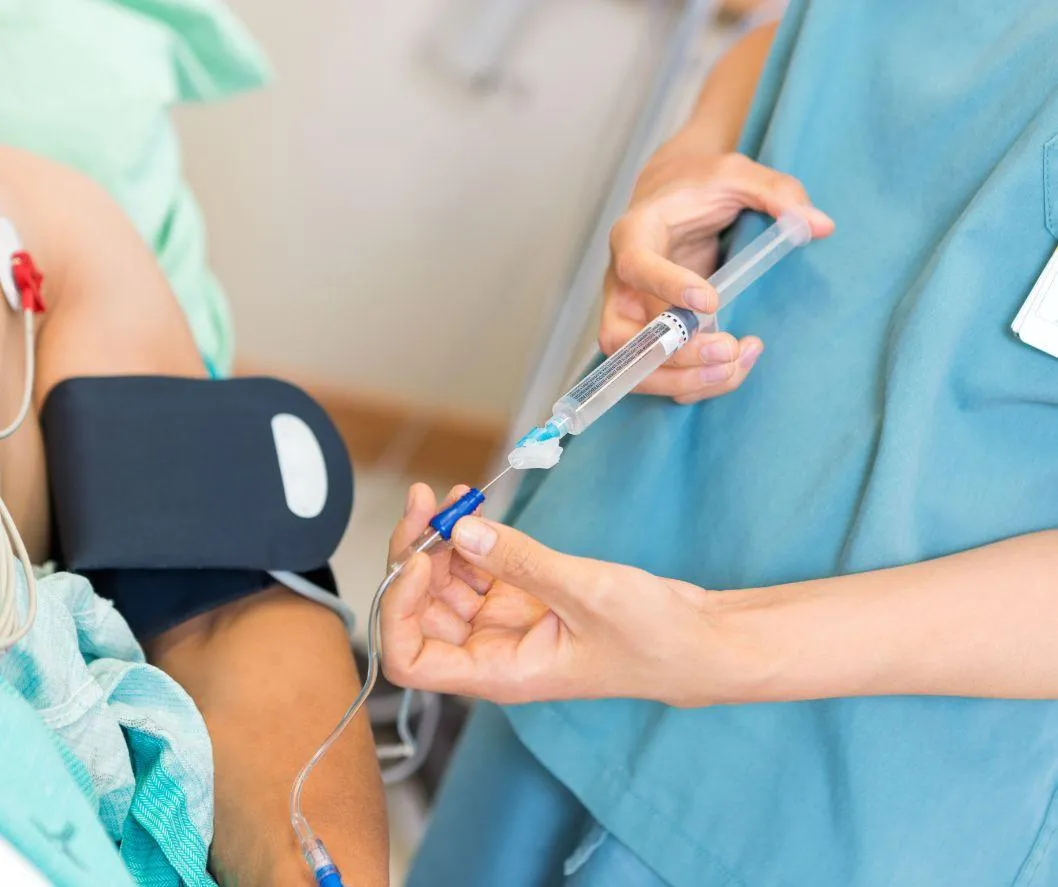OUR BLOG!

Medical Innovations by Cleveland Clinic: Impact on Surgical Nursing
The medical landscape is ever-evolving, with Cleveland Clinic at the forefront of unveiling groundbreaking innovations. Among these are advancements that promise to significantly transform surgical nursing.
One key innovation is the next generation of mRNA vaccines1. This development not only has implications for global health but also impacts surgical nursing. These vaccines may drastically reduce the incidence of postoperative infections, improving patient outcomes1. However, their novelty brings uncertainty, especially regarding long-term effects and potential interactions with other medications used in surgical settings2.
Another significant innovation is the novel treatment for reducing LDL cholesterol3. Lowering LDL cholesterol levels can decrease the risk of atherosclerosis, a common issue in many surgical patients4. Yet, it's important to consider that new treatments may require time for surgical nurses to adapt and incorporate into their practice5.
Cleveland Clinic also unveiled a new PSMA-targeted approach for prostate cancer6. This innovative method could potentially minimize surgical interventions and improve patient prognosis7. Conversely, the introduction of such advanced techniques requires continuous education and training for surgical nurses8.
Moreover, gene therapy for hemoglobinopathies9 may lessen the need for transfusions during surgery. Nevertheless, the complexity of genetic therapies might pose challenges in terms of ethics, cost, and accessibility10.
Finally, the rise of smartphone-connected pacemaker devices11 can enhance perioperative monitoring and patient safety. However, data privacy and technological literacy among older patients could be areas of concern12.
In conclusion, the medical innovations unveiled by Cleveland Clinic bring both opportunities and challenges in surgical nursing. As we embrace these advancements, it is crucial to continuously evaluate their impact on practice, patient outcomes, and healthcare delivery.
Footnotes
"Next generation mRNA vaccines." https://newsroom.clevelandclinic.org/2022/02/16/cleveland-clinic-unveils-top-10-medical-innovations-for-2022/ ↩ ↩2
"mRNA vaccines and postoperative infections." https://www.ncbi.nlm.nih.gov/pmc/articles/PMC7646031/ ↩
"A novel treatment for reducing LDL cholesterol." https://my.clevelandclinic.org/innovations/celebrate-innovation/top-ten-medical-innovations/2022 ↩
"LDL cholesterol and atherosclerosis." https://www.ahajournals.org/doi/full/10.1161/CIRCULATIONAHA.118.034273 ↩
"Adapting to new treatments in nursing." https://www.ncbi.nlm.nih.gov/pmc/articles/PMC5124616/ ↩
"A new PSMA-targeted approach for prostate cancer." https://consultqd.clevelandclinic.org/top-10-medical-innovations-for-2022-unveiled/ ↩
"Prostate cancer and surgical interventions." https://www.ncbi.nlm.nih.gov/pmc/articles/PMC6457001/ ↩
"Continuous education in nursing." https://www.ncbi.nlm.nih.gov/pmc/articles/PMC4936959/ ↩
"Gene Therapy for Hemoglobinopathies." https://my.clevelandclinic.org/innovations/celebrate-innovation/top-ten-medical-innovations/2021 ↩
"Challenges of gene therapy." https://www.genome.gov/about-genomics/policy-issues/Genetic-Discrimination ↩
"Smartphone-Connected Pacemaker Devices." https://www.ncbi.nlm.nih.gov/pmc/articles/PMC6045870/ ↩
"Data privacy in healthcare." https://www.ncbi.nlm.nih.gov/pmc/articles/PMC7536530/ ↩



